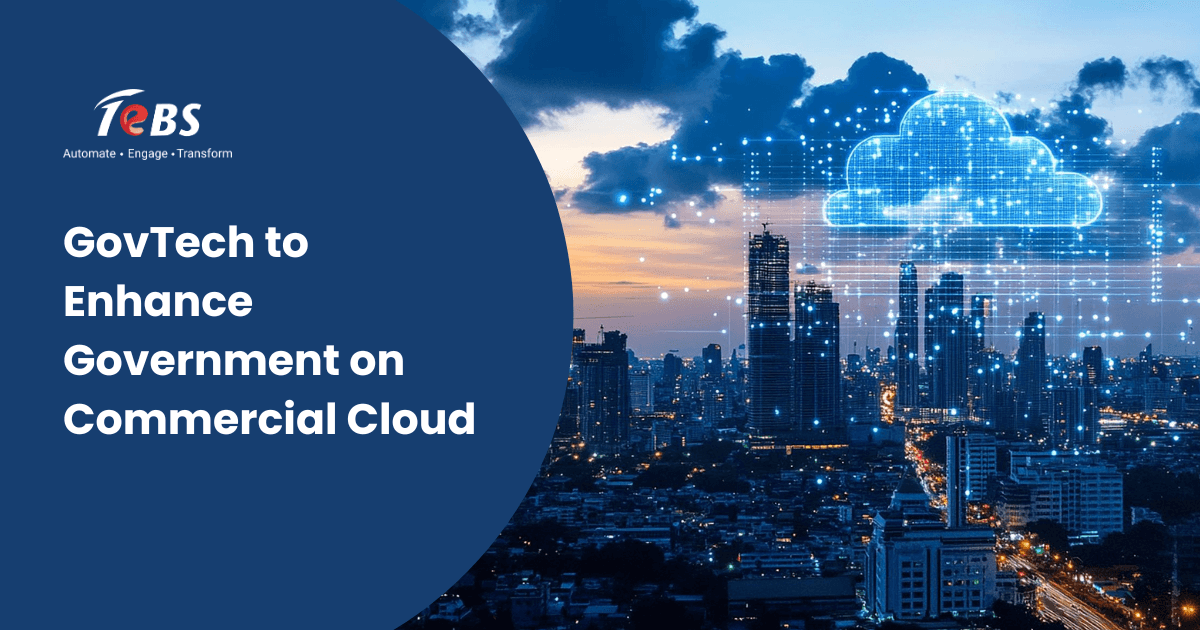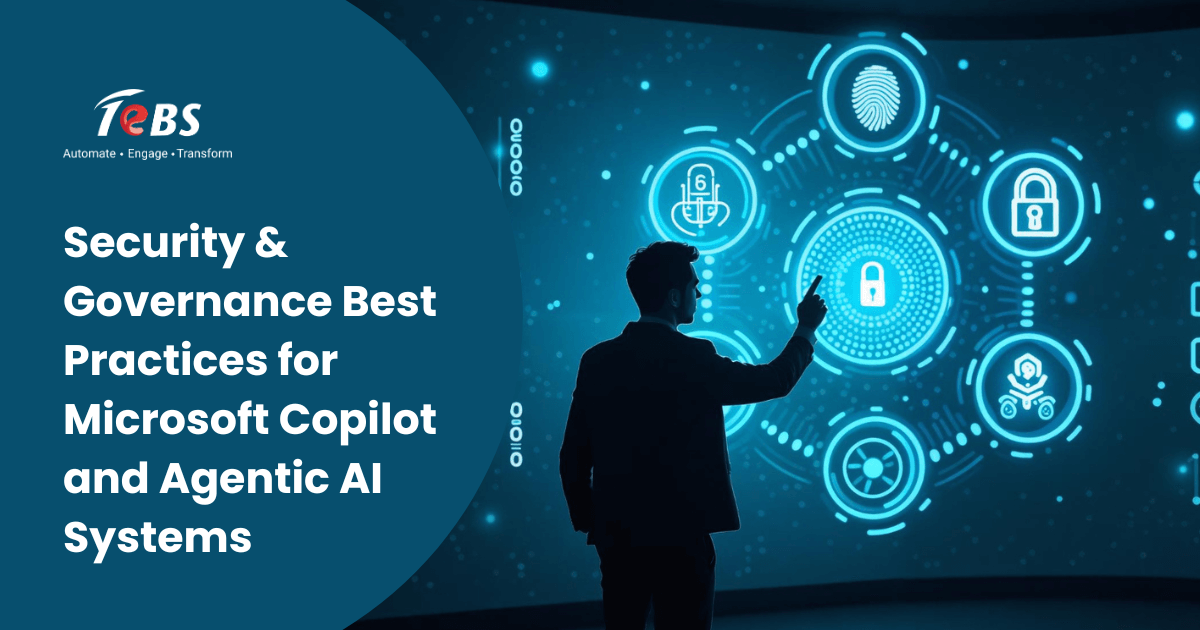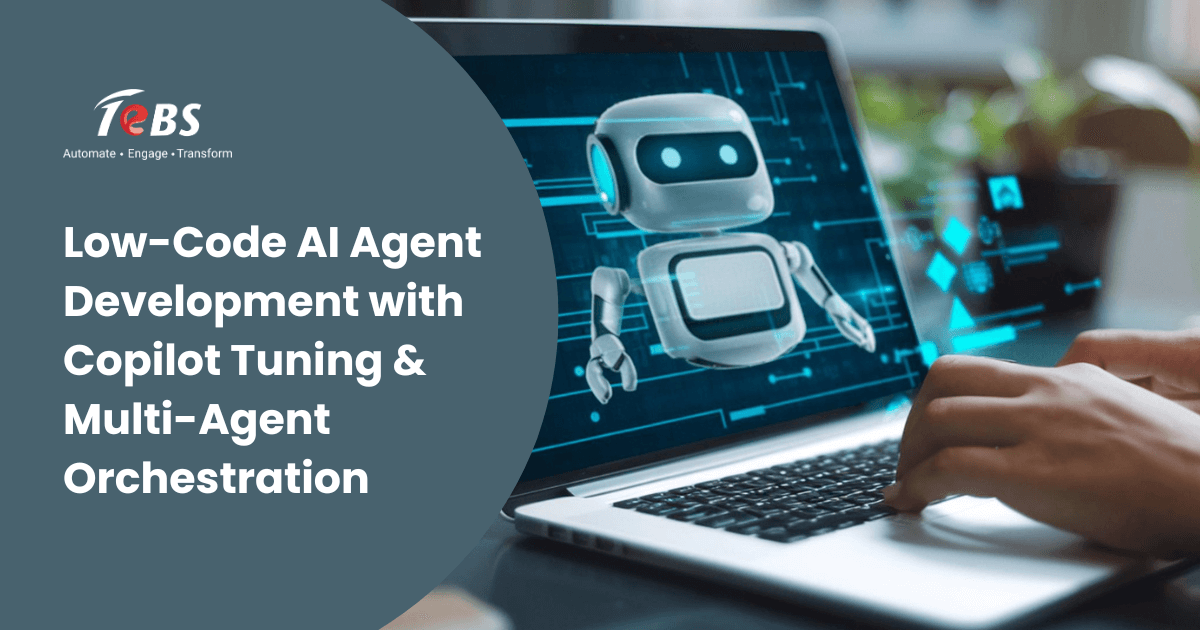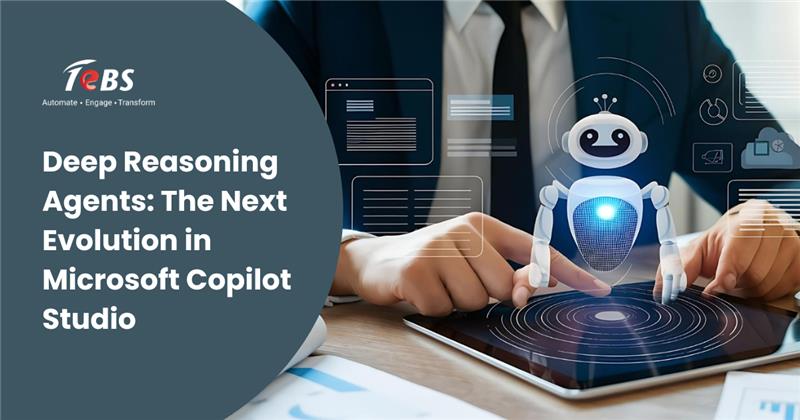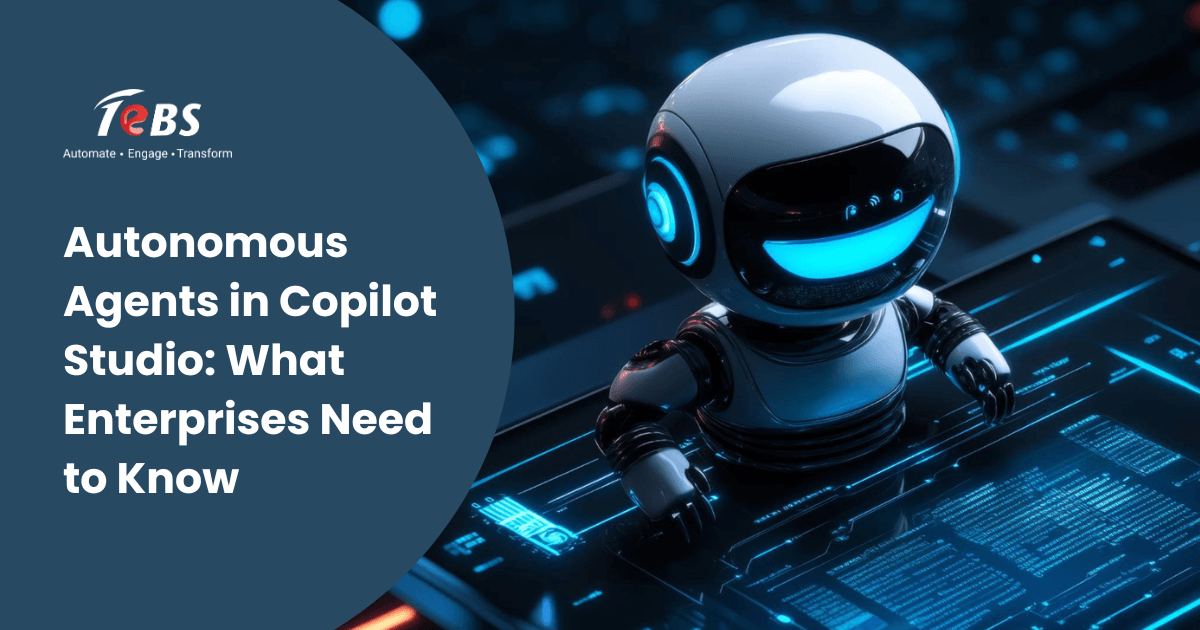Summary
Singapore’s GovTech is advancing the Government on Commercial Cloud (GCC 2.0) to accelerate digital governance. With AI services, intelligent automation, and cloud-native infrastructure, agencies can now build scalable, secure, and citizen-centric digital services. This evolution toward a “Cloud-Smart” future emphasizes AI-driven cloud security, interoperability, and sustainable innovation—empowering Singapore’s Smart Nation vision.Introduction
Singapore continues to set benchmarks in digital governance, driven by a clear vision of creating a Smart Nation that delivers seamless, secure, and citizen-centric services. At the heart of this transformation lies the Government on Commercial Cloud (GCC), a strategic initiative enabling public agencies to leverage the scalability and innovation of commercial cloud platforms while maintaining the highest standards of security and compliance. Led by GovTech Singapore, this move represents a paradigm shift in how the government develops, deploys, and manages digital services—ensuring agility, efficiency, and resilience in a rapidly evolving digital economy.
The Vision Behind the Government on Commercial Cloud
When the GCC initiative was launched, Singapore’s objective was not merely technological modernization. It was about reimagining how government services could be delivered—faster, smarter, and with a sharper focus on citizens’ needs. Traditional on-premises systems were becoming costly and rigid, limiting innovation and scalability. GovTech recognized that the future of governance depended on adopting a more dynamic model, one that could respond swiftly to emerging demands while maintaining trusted operations.
The GCC initiative aimed to bridge this gap by allowing agencies to use commercial cloud environments—such as those from AWS, Microsoft Azure, and Google Cloud—under a common, secure framework tailored to public sector requirements. By doing so, GovTech enabled agencies to build next-generation app
How GovTech is Strengthening the GCC Ecosystem
GovTech’s approach to the Government on Commercial Cloud is both strategic and holistic. Beyond enabling cloud adoption, it focuses on creating a robust ecosystem that empowers agencies with the right tools, processes, and support systems to thrive in a hybrid cloud environment.1. GCC 2.0 – A Smarter, Scalable Future
The evolution from GCC to GCC 2.0 marked a new era in cloud enablement. This enhanced version expanded capabilities to include more automation, built-in governance, and improved data management frameworks. It also introduced DevSecOps practices, ensuring that security is integrated from the start of every development process. With GCC 2.0, agencies can now deploy digital services in a more consistent, standardized, and secure manner—reducing time-to-market and operational complexity. Agencies adopting AI intelligent automation can now deploy services faster with built-in monitoring and compliance.2. GovTech’s Cloud Governance and Security Frameworks
Security remains a cornerstone of GovTech’s cloud transformation strategy. The agency developed a comprehensive Cloud Security and Governance Framework (CSGF) to ensure all applications built on GCC adhere to strict cybersecurity, compliance, and monitoring standards. These measures align with the Cybersecurity Act and the IM8 policies, offering a strong foundation for data protection, identity management, and risk mitigation.
By defining clear policies around access control, encryption, and continuous monitoring, GovTech ensures that every application hosted on GCC is resilient against evolving cyber threats while maintaining public trust.
3. Building Agency Capability and Cloud Literacy
Cloud transformation isn’t just about technology—it’s also about people. Recognizing this, GovTech has made capability building a core pillar of the GCC initiative. Through structured training, workshops, and collaborative programs, GovTech equips public officers with the skills needed to develop, deploy, and manage cloud-native applications.
Agencies are encouraged to adopt DevOps culture and agile methodologies, empowering teams to innovate faster while maintaining compliance. This human-centric approach ensures that every digital advancement is supported by skilled professionals who can sustain long-term innovation. Transformation is about people as much as technology. GovTech provides workshops and certifications that help agencies adopt DevOps culture and manage AI-powered business applications efficiently.
4. Centralized Services for Speed and Efficiency
GovTech also developed shared services within the GCC environment, such as pre-approved cloud resources, standardized infrastructure templates, and automated deployment tools. These allow agencies to bypass lengthy procurement and setup cycles, accelerating their digital initiatives while maintaining governance controls.
Such centralization enables consistency across government applications and promotes interoperability, helping agencies deliver connected digital experiences to citizens and businesses.
Benefits of GovTech’s Leadership in GCC
GovTech’s leadership in enhancing the Government on Commercial Cloud has redefined how public services are conceptualized, built, and delivered. The impact is evident across multiple dimensions—efficiency, innovation, scalability, and security.1. Accelerated Digital Service Delivery
With the agility of commercial cloud platforms, government agencies can now design, test, and launch digital services at unprecedented speed. Instead of waiting months to provision infrastructure, teams can deploy new applications in days. This has enabled faster responses to citizens’ needs—be it during emergencies, public health crises, or administrative enhancements.2. Cost Efficiency and Resource Optimization
The pay-as-you-use model of commercial cloud significantly reduces capital expenditure on physical infrastructure. Agencies can scale resources up or down based on demand, optimizing cost and performance. This elasticity allows the government to manage budgets more effectively while channeling savings into innovation and citizen service improvements.3. Enhanced Security and Compliance
Despite operating on commercial clouds, all GCC deployments adhere to strict security guidelines. With GovTech’s governance frameworks in place, agencies benefit from continuous monitoring, automated compliance checks, and integrated security tools. This ensures that sensitive data—ranging from national records to citizen information—remains fully protected.4. Agility for Future Transformation
The cloud provides a foundation for long-term digital growth. By embracing GCC, agencies gain access to AI, analytics, and automation tools that can further enhance decision-making and service delivery. This forward-looking capability ensures the government remains adaptive to emerging technologies and changing citizen expectations.5. Interoperability and Collaboration
One of the most powerful aspects of GCC is its ability to foster collaboration across agencies. Standardized cloud environments make it easier to share data securely and integrate systems. This interoperability drives cross-agency initiatives that deliver holistic services—such as digital identity management, e-payments, and smart city operations.GCC as a Catalyst for AI and Data Innovation
As Singapore advances its Smart Nation goals, the Government on Commercial Cloud serves as a crucial enabler for AI-driven innovation. With cloud-native data platforms, agencies can leverage analytics and machine learning to derive actionable insights from large datasets.
GovTech’s frameworks ensure that these AI applications operate within ethical, secure, and transparent boundaries. From predictive maintenance in urban infrastructure to intelligent chatbots for citizen support, GCC forms the technological backbone that powers next-generation digital intelligence within the public sector.
The integration of data lakes, AI models, and API-based services within GCC allows agencies to seamlessly connect disparate systems and make data-driven decisions. This combination of data capability and cloud flexibility is transforming governance—making it more proactive, personalized, and impactful.
For modern data trends, refer to Gartner’s Strategic Data and Analytics Predictions Through 2028 — Read more here.
Strengthening Partnerships Across the Ecosystem
GovTech’s enhancement of the GCC framework also involves strategic collaboration with technology partners, solution providers, and accredited Managed Service Providers (MSPs). These partnerships ensure that agencies receive end-to-end support—from cloud migration and architecture design to cybersecurity, automation, and optimization.
By fostering a strong partner ecosystem, GovTech enables innovation at scale while maintaining a unified governance structure. This collaborative model ensures that cloud transformation remains sustainable, secure, and aligned with national digital priorities.
Total eBiz Solutions (TeBS), as a trusted technology partner, plays a key role in this ecosystem. With deep expertise in cloud enablement, AI, and intelligent automation, TeBS supports government agencies in leveraging GCC effectively. Through customized solutions and managed cloud services, TeBS helps accelerate adoption while ensuring compliance, resilience, and cost efficiency.
Explore related success: Development and Implementation of FHD2Hub for Singapore Food Agency.
The Road Ahead: From Cloud-First to Cloud-Smart
Singapore’s government has already achieved significant milestones through GCC, but the journey continues toward a “Cloud-Smart” future. This next phase focuses on optimizing workloads, enhancing data interoperability, and leveraging AI and automation for predictive governance.
GovTech aims to deepen cloud integration by enabling multi-cloud strategies, improving data portability, and promoting the use of open standards. These advancements will not only make digital services more efficient but also ensure that the government remains adaptive to emerging technologies and global trends.
Moreover, sustainability is becoming a core consideration in cloud strategy. GovTech and its partners are exploring green cloud practices to reduce energy consumption and carbon footprint—aligning cloud transformation with Singapore’s national sustainability goals.
Read more about how data platforms like Microsoft Fabric empower AI transformation in Microsoft Fabric: The Data Platform for the AI Era.
Conclusion
GovTech’s leadership in enhancing the Government on Commercial Cloud has transformed the foundation of Singapore’s digital government. By combining innovation with robust governance, the GCC initiative has empowered agencies to deliver faster, smarter, and more secure public services. From strengthening data-driven decision-making to enabling AI-powered citizen engagement, GCC stands as a cornerstone of Singapore’s Smart Nation vision.
As cloud capabilities evolve, collaboration between government agencies and trusted technology partners will continue to drive progress. Organizations like Total eBiz Solutions (TeBS) play an instrumental role in helping agencies harness the full potential of GCC—through cloud modernization, AI integration, and continuous optimization.
To explore how your agency or organization can accelerate digital transformation on the Government Commercial Cloud, connect with our experts at [email protected].
1. What is the Government onCommercial Cloud (GCC) in Singapore?
The Government on Commercial Cloud (GCC) is a secure cloud platform developed by GovTech that allows Singapore’s public agencies to host and manage applications on commercial cloud services, improving efficiency and innovation while maintaining strong security and governance.
2. How is GCC 2.0 different from the original GCC?
GCC 2.0 offers enhanced automation, stronger cybersecurity measures, and improved integration with AI, data analytics, and modern development tools to support faster and smarter digital transformation.
3. How does GCC improve government agility and service delivery?
GCC enables agencies to build, scale, and deploy digital services quickly with access to on-demand cloud resources, reducing time-to-market and improving citizen service delivery.
4. What are the key benefits of adopting the Government on Commercial Cloud?
Key benefits include faster innovation, cost efficiency, scalability, improved security, and seamless access to advanced cloud and AI capabilities from leading technology providers.
5. How does GCC support AI and data innovation in the public sector?
GCC provides the infrastructure and tools for AI-driven analytics, data sharing, and machine learning, helping agencies make data-informed decisions and deliver smarter, more personalized public services.
6. How does GCC align with Singapore’s sustainability goals?
GCC supports sustainability by leveraging energy-efficient cloud infrastructure, reducing the need for on-premise hardware, and promoting greener, more resource-optimized digital operations across the public sector.

